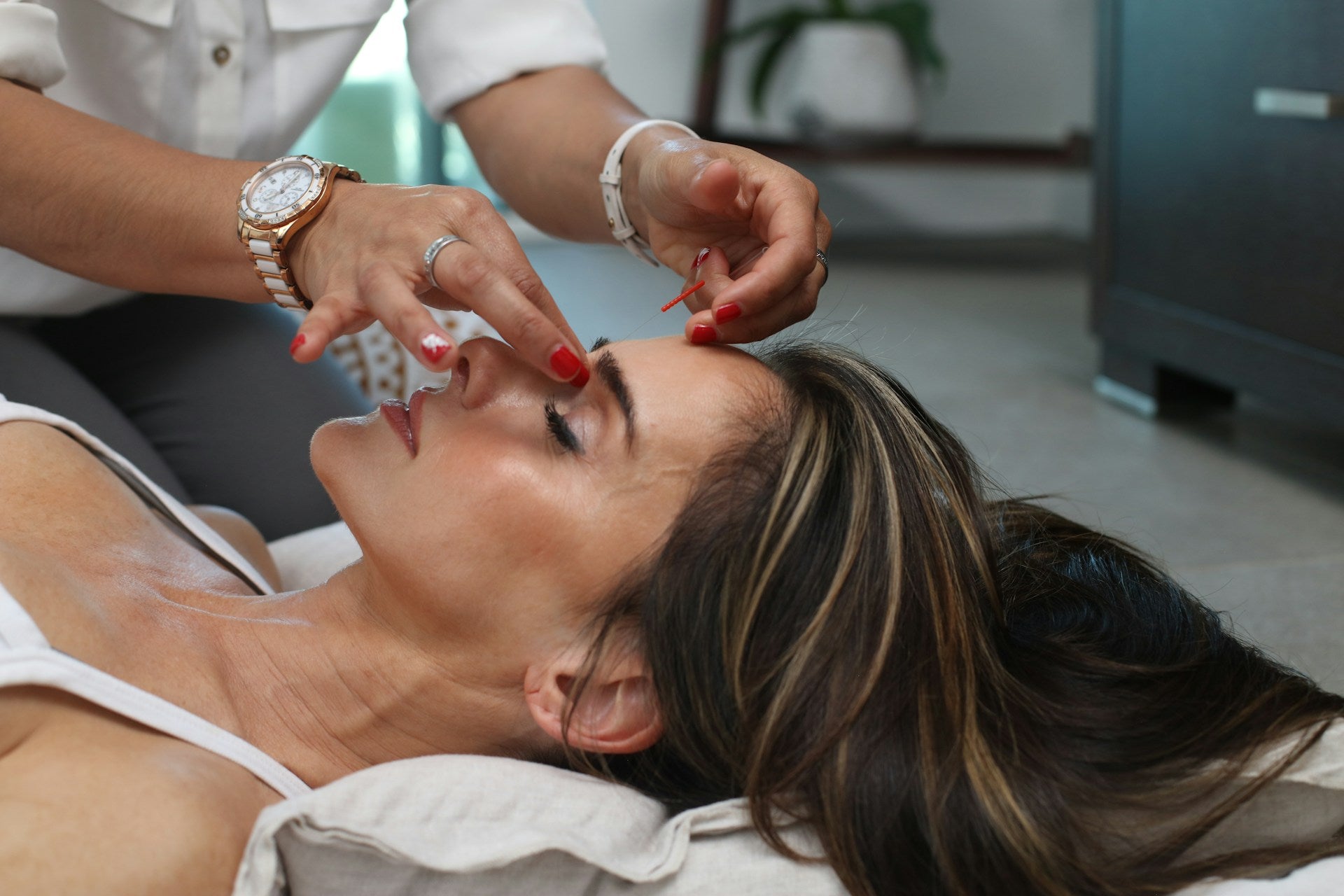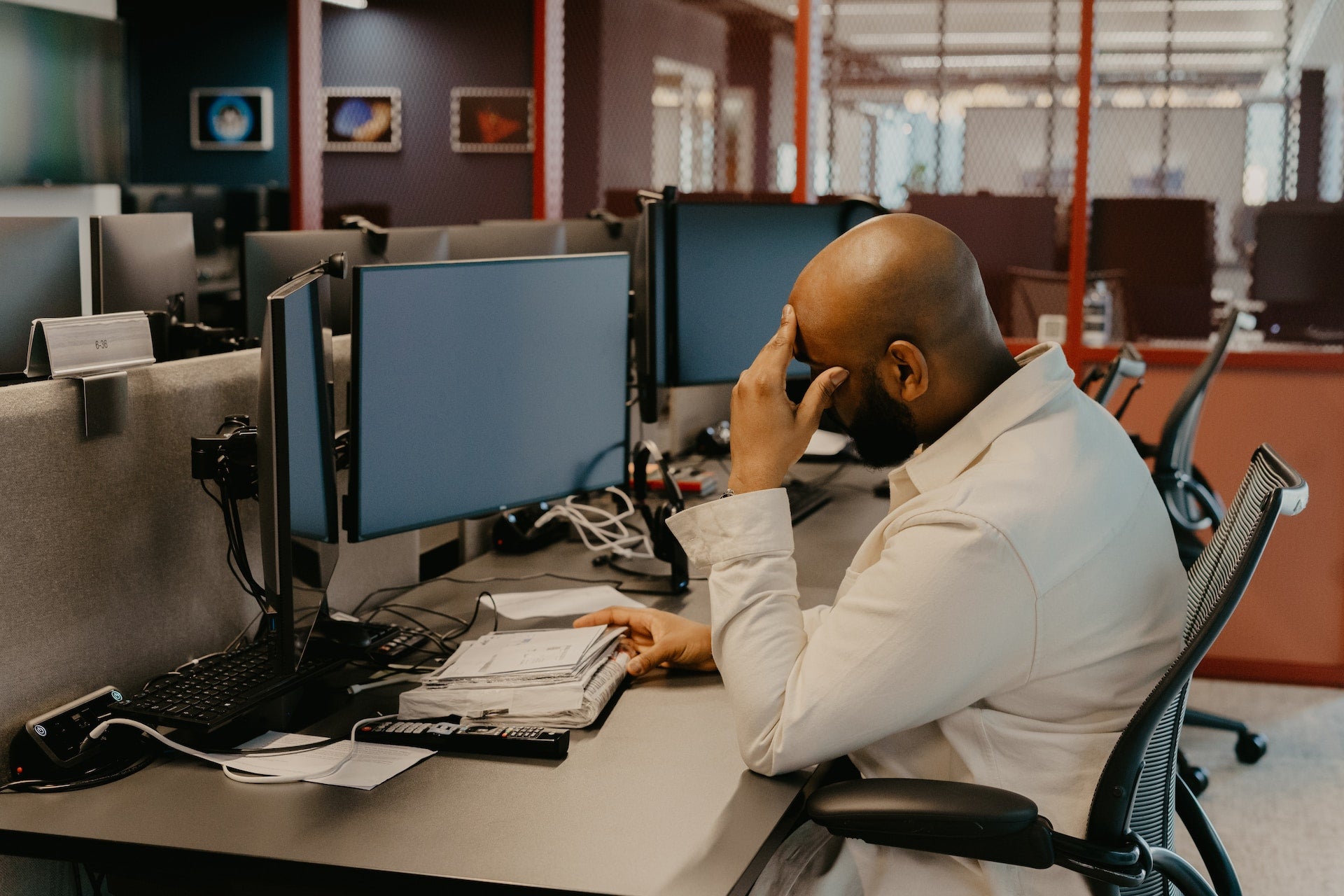What Causes Allergy-Related Fatigue?
Allergies occur when your immune system overreacts to a normally harmless substance, such as pollen, pet dander, or certain foods. This overreaction leads to the release of chemicals called histamines, which cause inflammation and other allergy symptoms. One of the most common symptoms of allergies is fatigue. This is because histamines can directly affect the central nervous system, causing sleep disturbances and a general feeling of tiredness. Additionally, the constant sneezing, coughing, and itching associated with allergies can make getting a good night's sleep challenging, leading to increased fatigue during the day. Here are some important facts about allergy-related fatigue that you should know:1. Allergy-Related Fatigue Can Be Debilitating
Many people underestimate the impact of fatigue on their daily lives. Fatigue can cause difficulty concentrating, irritability, and even depression, significantly affecting your quality of life. In some cases, allergy-related fatigue can be so severe that it interferes with your ability to work, attend school, or participate in social activities.2. Allergy-Related Fatigue Can Be a Sign of Other Health Issues
If you're experiencing fatigue and other allergy symptoms, talking to your doctor is important. Fatigue can sometimes be a sign of an underlying health issue, such as anemia or a thyroid problem. Your doctor can help determine if your fatigue is related to your allergies or if there's another cause that needs to be addressed.3. Proper Treatment Can Help Alleviate Allergy-Related Fatigue
One of the most important things you can do to combat allergy-related fatigue is to manage your allergies effectively. This may include taking allergy medications, such as antihistamines or corticosteroids, to help reduce inflammation and control symptoms. In some cases, your doctor may recommend immunotherapy, or allergy shots, to help your body build up a tolerance to the allergen over time. It's also important to practice good sleep hygiene, which includes maintaining a consistent sleep schedule, creating a comfortable sleep environment, and avoiding stimulants such as caffeine and nicotine close to bedtime. This can help improve the quality of your sleep and reduce fatigue.4. Lifestyle Changes Can Make a Difference
In addition to proper allergy treatment, simple lifestyle changes can help improve your energy levels and reduce allergy-related fatigue. These changes may include the following:- Eating a balanced diet rich in fruits, vegetables, whole grains, lean protein, and healthy fats. This can help provide your body with the nutrients it needs to combat fatigue.
- Staying hydrated by drinking plenty of water throughout the day. Dehydration can contribute to feelings of fatigue.
- Engaging in regular physical activity can help boost energy levels and improve overall well-being. However, choose activities that don't exacerbate your allergy symptoms, such as indoor exercise if you're allergic to pollen.
- Minimizing your exposure to allergens by keeping your living environment clean, using air purifiers, and avoiding known triggers whenever possible.










